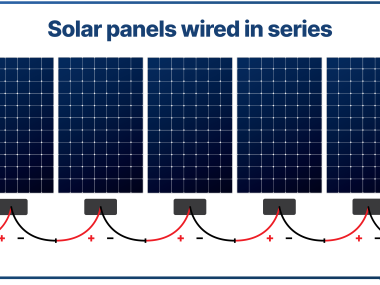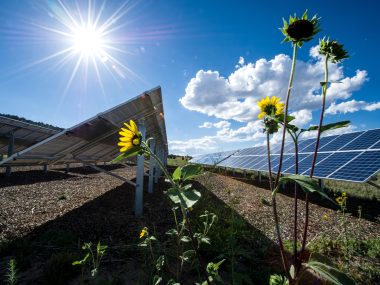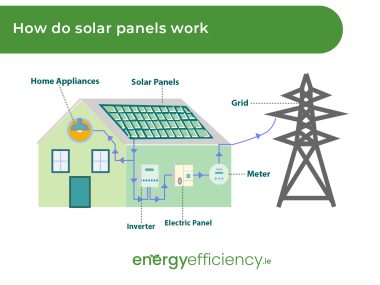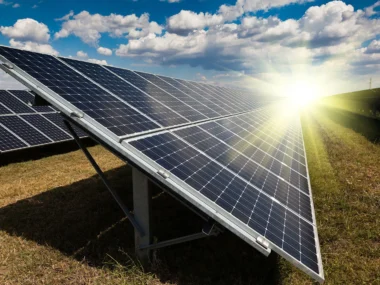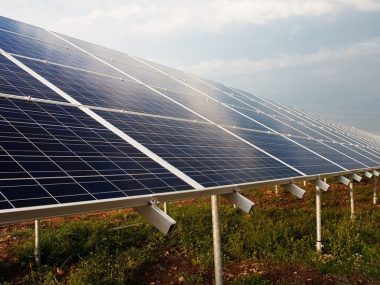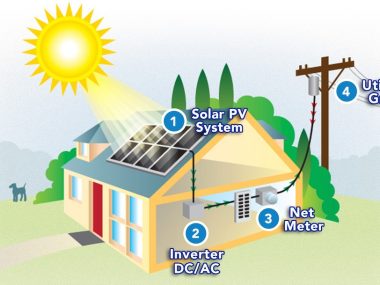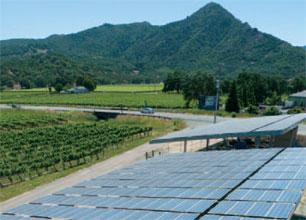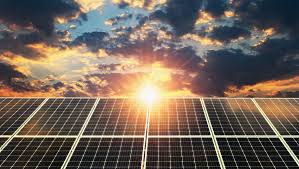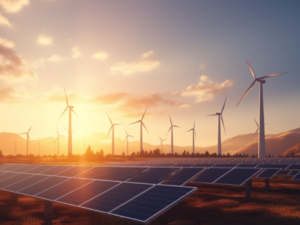- As the world continues to seek sustainable alternatives to fossil fuels, solar energy has emerged as a leading contender. Yet, amidst its rise in popularity, numerous misconceptions persist, casting doubt on its efficacy and practicality. These misconceptions often stem from outdated information or a lack of understanding about the capabilities and advancements in solar technology. In this discourse, we will illuminate and debunk some of the most prevalent misconceptions surrounding solar energy. By dispelling these myths, we aim to provide clarity and insight into the true potential of solar power as a viable and indispensable energy source for the future. Let’s navigate through these misconceptions to uncover the truth and unlock the full promise of solar energy.
Here are some common misconceptions about solar energy:
Solar Energy is Expensive:
Many people believe that solar energy systems are prohibitively expensive. However, while there are upfront costs, the long-term savings on energy bills often outweigh these expenses. Additionally, prices for solar panels have decreased significantly in recent years, and there are various financing options and incentives available.
Solar Panels Don’t Work in Cloudy or Cold Climates:
Some believe that solar panels are only effective in sunny and warm climates. In reality, solar panels can still generate electricity on cloudy days, albeit with reduced efficiency, and they can perform well in cooler temperatures.
Solar Energy is Unreliable:
There’s a misconception that solar energy is unreliable because it’s dependent on sunlight. However, with advances in technology and the use of battery storage systems, solar power can be quite consistent and dependable.
Solar Panels Require High Maintenance:
Contrary to popular belief, solar panels are designed to be durable and require minimal maintenance. Routine inspections and occasional cleaning are typically all that’s needed to ensure optimal performance.
Solar Energy is Only for Environmentalists:
While solar energy does offer environmental benefits, such as reducing carbon emissions, it’s also a practical and cost-effective energy solution for anyone looking to save money and gain energy independence.
Solar Panels Decrease Property Value:
Some believe that installing solar panels will decrease the value of their property. However, studies have shown that homes equipped with solar panels often have higher property values and sell more quickly than homes without them.
Solar Energy is Only Suitable for Sunny Regions:
While regions with abundant sunlight may be ideal for solar energy production, solar panels can still generate electricity in areas with less sunlight. With advancements in technology, solar energy can be harnessed effectively in various climates and locations.
Addressing these misconceptions can help individuals and businesses make more informed decisions about adopting solar energy as part of their energy strategy.

